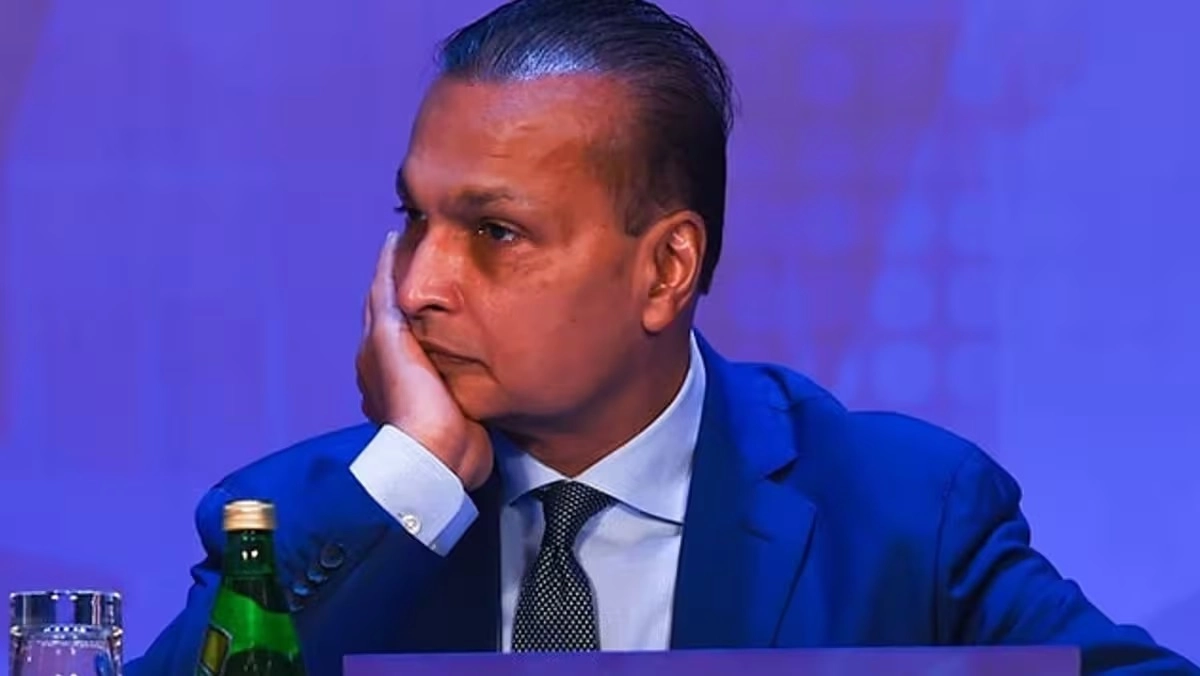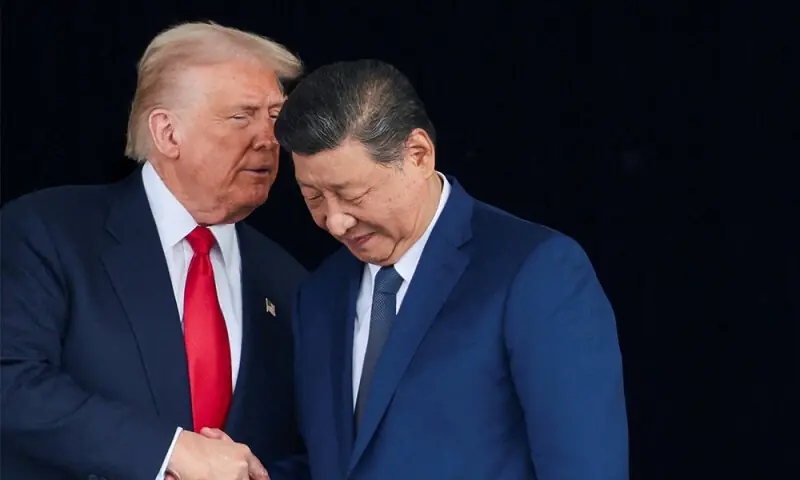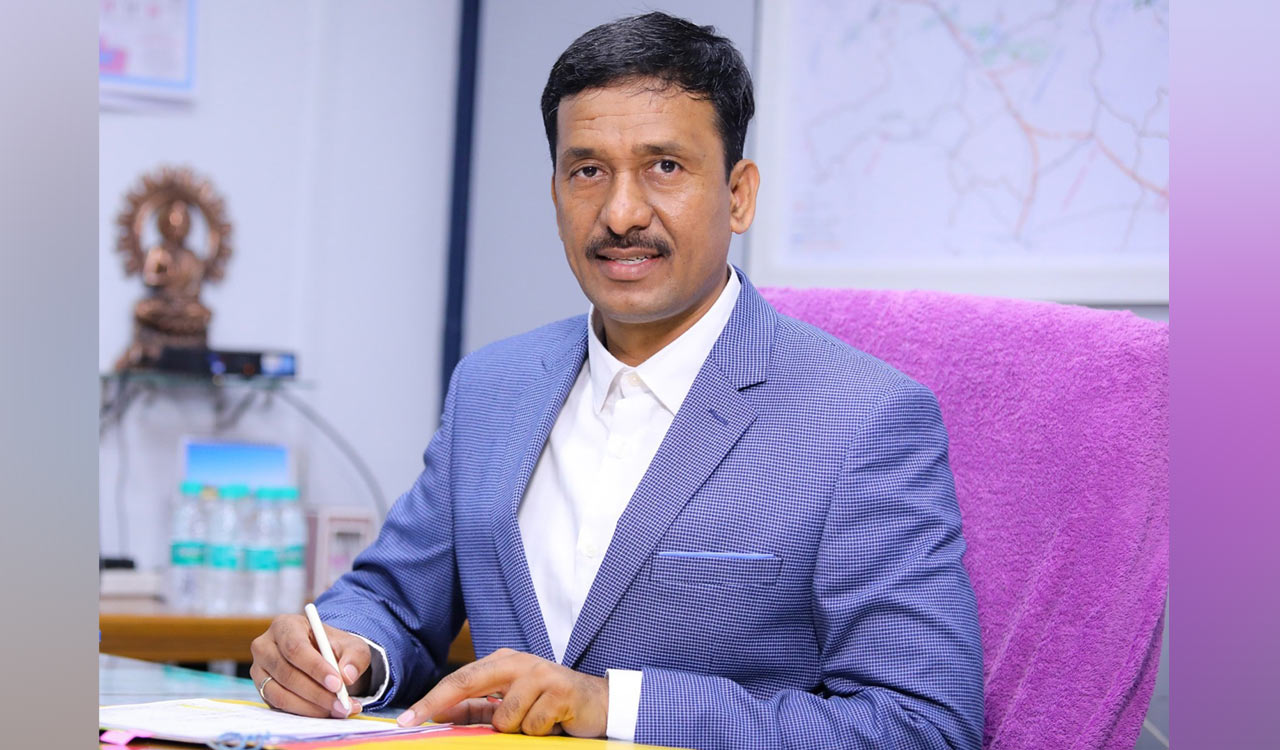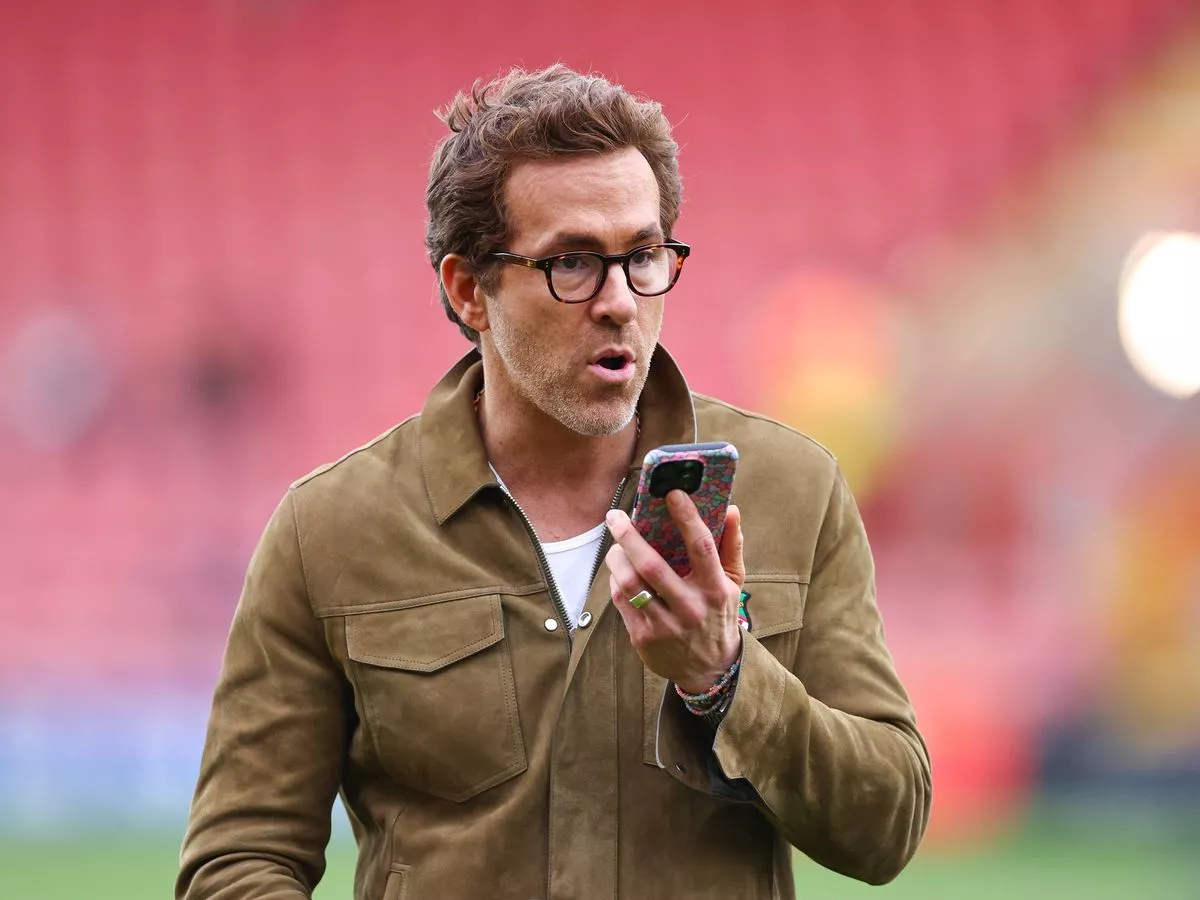Copyright wnd

An federal appeals court has ruled that a trial court judge failed to adequately consider President Donald Trump’s immunity, confirmed by a Supreme Court ruling, in a dispute created by Manhattan District Attorney Alvin Bragg that claimed Trump’s description of legal fees as legal fees was wrong in the so-called hush money fight. Courthousenews said it was a panel from the 2nd U.S. Circuit Court of Appeals that returned the case to Alvin Hellerstein a district judge, in Manhattan. The decision revived Trump’s fight against the Bragg-driven case that also featured a number of holes. A federal appeals court gave President Trump’s lawyers a new opening in his hush money case, reviving his request to move the criminal conviction to federal court.https://t.co/tF1y8AR3aS — The Washington Post (@washingtonpost) November 6, 2025 Breaking: Appeals court lets Trump revive bid to overturn criminal conviction in hush money case https://t.co/aD3ST52sVK — John Solomon (@jsolomonReports) November 6, 2025 Trump won an appellate ruling that will let him argue he should have had the opportunity to challenge his conviction in the New York hush-money case on immunity grounds in federal court. https://t.co/qPsxu5LkD1 — Bloomberg (@business) November 6, 2025 The appeals judges did not direct Hellerstein’s decision. They wrote, “We cannot be confident that … the district court adequately considered issues relevant to the good cause inquiry so as to enable meaningful appellate review. For example, the district court did not consider whether certain evidence admitted during the state court trial relates to immunized official acts or, if so, whether evidentiary immunity transformed the state’s case into one that relates to acts under color of the presidency.” The Manhattan DA has fought any review of his political case against Trump. The jury’s claim in the case was that Trump was guilty of 34 felonies for falsifying business records. The report charged, “The jury found that Trump orchestrated his former personal attorney and ‘fixer’ Michael Cohen to pay $130,000 to adult film star Stormy Daniels, who Trump was concerned would share details from their 2006 sexual encounter at an inopportune time during the election. When repaying Cohen, Trump disguised the payments as standard legal fees, sometimes signing those illicit checks from the Oval Office during his first presidential term, witnesses testified.” Legacy media reports often ignore the fact that both alleged participants in that encountered denied it happened. Trump repeatedly has described the case as just another in the Democrat party’s weaponization of the courts against him, not without evidence. Trump already is appealing the same fight in New York state courts. WND had reported on the state system appeal that the case all erupted because of Bragg. When Bragg made the allegations, the judge, Juan Merchan, censored Trump’s statements about the case. He allowed prosecutors to leave a vague “secondary” crime claim in place without any specifics. He delivered pro-prosecution jury instructions which seemed to allow a verdict without unanimity. And all the while, Merchan’s daughter was making money advising Democrats on issues that could include her father’s courtroom rulings. The basis of the most recent rulings is the U.S. Supreme Court’s ruling that presidents have complete immunity for actions as president, but not for private actions. Trump charges that ruling means prosecutors should not have been allowed to say some of the things they claimed about him. The Washington Examiner reported Trump’s legal team confirmed the Supreme Court’s decision on immunity “means prosecutors should have been barred from using evidence connected to Trump’s ‘official’ acts as president in the case against him.” It was in 2024 that a jury in leftist-majority Manhattan said he was guilty of falsifying records dealing with a payment to onetime porn star Stormy Daniels, 34 counts total. The errors made in the trial court, however, mean the conviction should be scrapped, the report said. Merchan, a donor to a Democrat cause, in fact, barred some of Trump’s defense evidence, including statements that appeared to exonerate him from Daniels herself, censored Trump’s speech, delivered pro-prosecution instructions, and more. President Donald Trump asked an appeals court on Monday to overturn his conviction in the New York hush money case, marking his latest attempt to erase his felon status. https://t.co/aFVNJATPBx — Washington Examiner (@dcexaminer) October 28, 2025 Trump appeals historic Manhattan hush money conviction that branded him a felon https://t.co/rpILKON6Kd pic.twitter.com/bvEU6aKQvT — New York Post (@nypost) October 28, 2025 JUST IN: President Trump’s attorneys appealed his criminal conviction Monday, arguing the New York trial was “fatally marred” by evidence they say was protected by the Supreme Court’s immunity decision. pic.twitter.com/FLpFkvFRTp — Melissa Hallman (@dotconnectinga) October 28, 2025 “One of the mistakes some legal critics believe was committed during the trial involved allegations that the New York district attorney’s office, led by Alvin Bragg, never committed itself to what the second crime was. Rather, his office theorized that the crime could have been a New York tax violation, a federal campaign finance violation, or a New York election law violation,” the report explained. The law violation brought by Bragg is a two-part crime, meaning it depends on violation of another statute, and the prosecution never clarified that. That means some members of the jury may have assumed one law, or another, leaving their verdict not unanimous. “The court permitted the jury to convict if some jurors believed only that President Trump had conspired to violate FECA, while others believed only that he had conspired to help others commit tax fraud, and still others believed only that he had conspired to help others make false statements to a bank,” appeals court filings said. “Due process and Section 17-152 do not permit a conviction based on such a haphazard ‘combination of jury findings.'” At sentencing, Merchan spent seven minutes complaining that he was limited in his sentencing, then gave Trump an unconditional discharge, allowing for no fines, jail or probation while continuing the felony convictions. Merchan, whose daughter is a consultant who was making money off of her father’s multiple rulings against Trump, claimed “extraordinary” legal protections handed to the president of the United States required him to hand down a minor sentence that Trump would allegedly not have received without being reelected. Merchan, in extraordinary fashion, allowed a wide range of inflammatory testimony to come into his courtroom against Trump. A long list of legal experts charged that the case never should have been created by Bragg. Merchan, in fact, inexplicably told the jurors their verdict didn’t have to be unanimous. The “offenses” actually were misdemeanors until Bragg theorized they were part of the furtherance of another, unidentified, crime, and that made them felonies. Experts called Bragg’s machinations “legally creative.”



